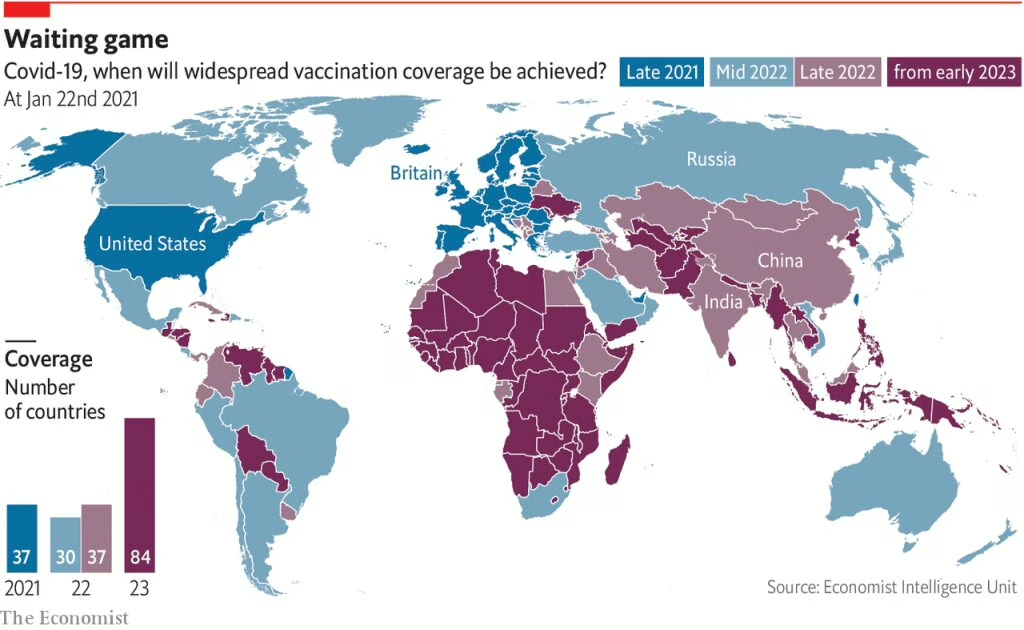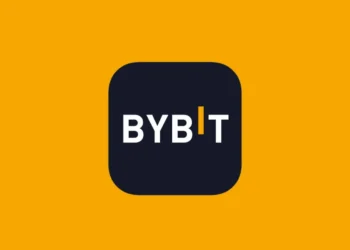Quick Breakdown
- Vitalik Buterin calls for open-source infrastructure in healthcare, finance, and governance to combat centralization risks.
- He cited COVID-19 vaccine distribution and legacy financial processes as examples of how closed systems erode efficiency and trust.
- Buterin stressed that open, verifiable systems — especially in voting — are essential for public confidence and security.
Ethereum co-founder Vitalik Buterin is calling for a global shift toward open-source and verifiable digital infrastructure across critical sectors such as healthcare, finance, and governance, warning that overreliance on centralized systems could undermine trust, security, and efficiency.
A push for openness in critical systems
In a blog post published Wednesday, Buterin argued that societies gain more from producing technology than merely consuming it. He cautioned that closed and opaque systems, often controlled by large corporations, heighten the risks of abuse, monopolization, and loss of public confidence.
“Openness and verifiability can fight against global balkanization,”
he wrote, noting that the world must actively steer away from centralized digital infrastructure.
Health and finance as test cases
Buterin highlighted healthcare as a sector where proprietary technology creates barriers to access and trust. He cited the COVID-19 vaccine rollout as an example where closed systems fueled skepticism and inefficiencies, contrasting it with projects like PopVax that adopt open, transparent processes to lower costs and boost credibility.

Finance, he said, also reveals the divide between outdated systems and blockchain’s potential. While crypto transactions take seconds, Buterin recalled how mailing a signed legal form overseas cost him $119 and consumed half an hour — an inefficiency that verifiable, blockchain-based systems can eliminate.
Open infrastructure for voting and governance
Buterin also stressed the importance of open and auditable systems in governance, particularly voting. He pointed to decades of public distrust in electronic voting machines, arguing that proprietary “black box” software cannot ensure transparency or trust in democratic systems. Instead, he advocated for open hardware and software to form the backbone of secure, verifiable elections.
Privacy as a core principle
The Ethereum co-founder reiterated his long-standing position that privacy must remain a design priority. Earlier this year, he unveiled Ethereum’s privacy roadmap, outlining near-term updates to strengthen user confidentiality across the network. According to Buterin, relying on blind trust in centralized leadership is outdated in an increasingly digital world.
If you would like to read more articles like this, visit DeFi Planet and follow us on Twitter, LinkedIn, Facebook, Instagram, and CoinMarketCap Community.
Take control of your crypto portfolio with MARKETS PRO, DeFi Planet’s suite of analytics tools.”





















